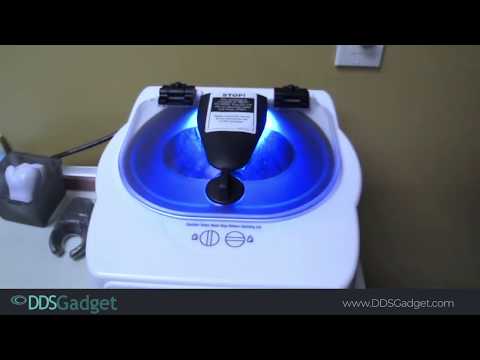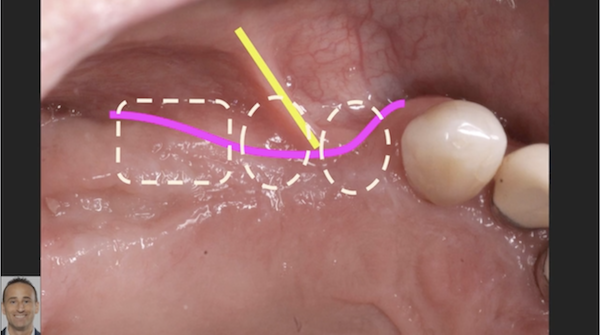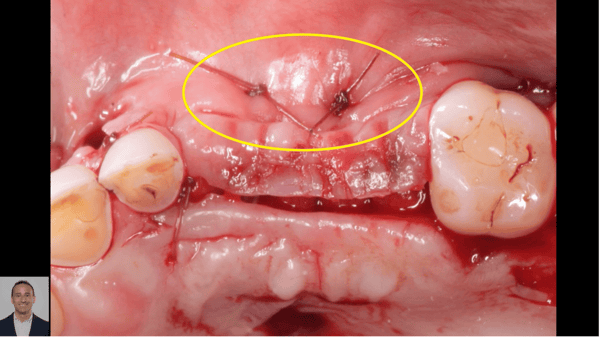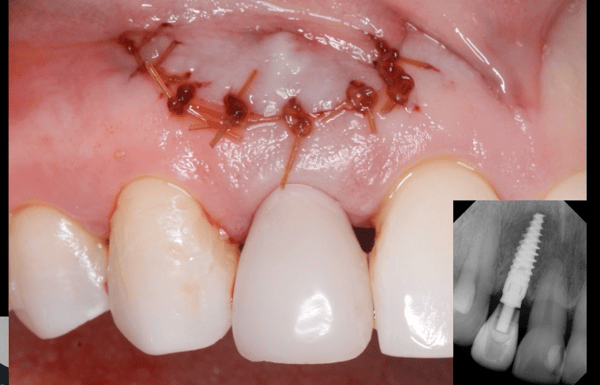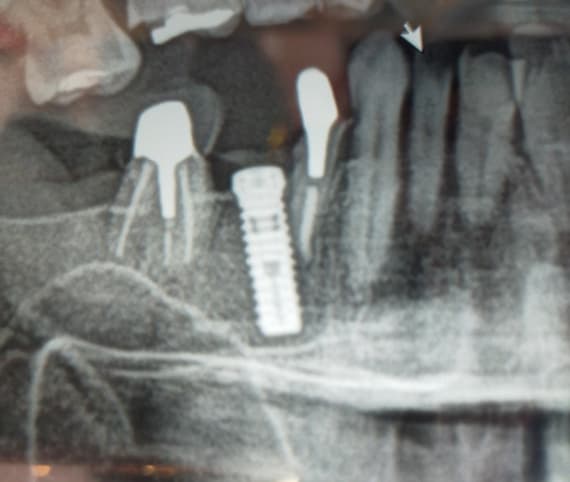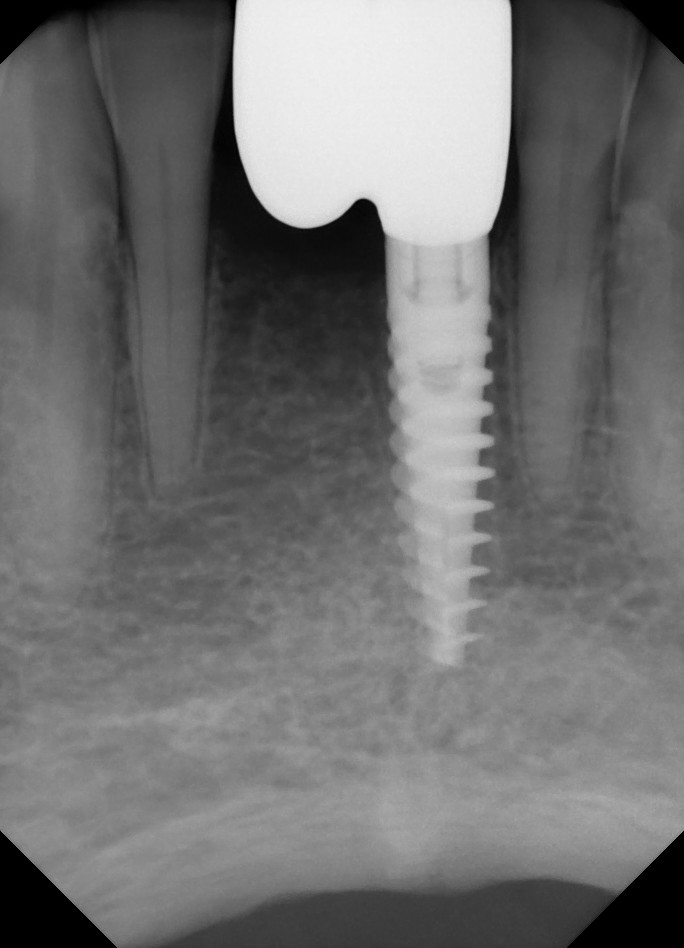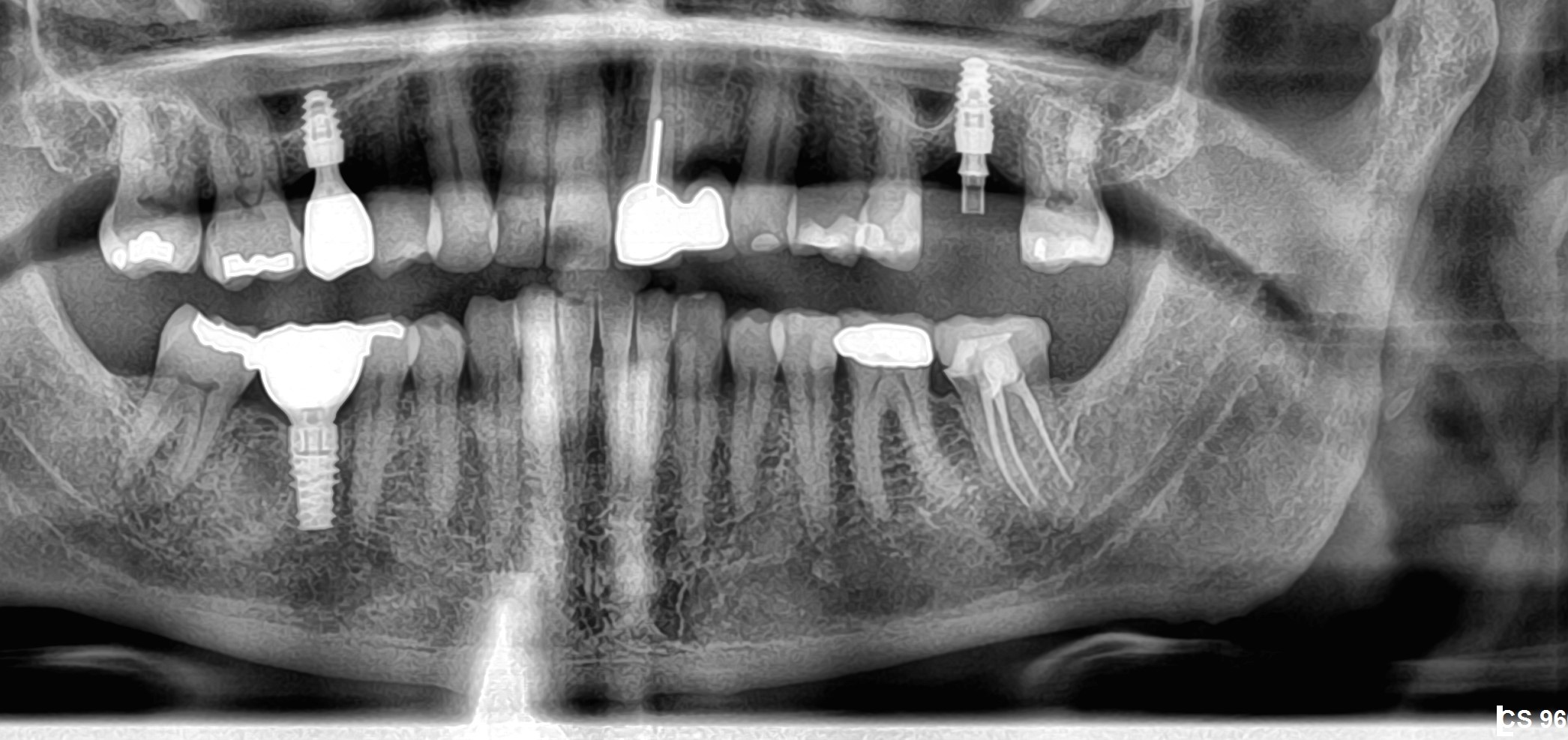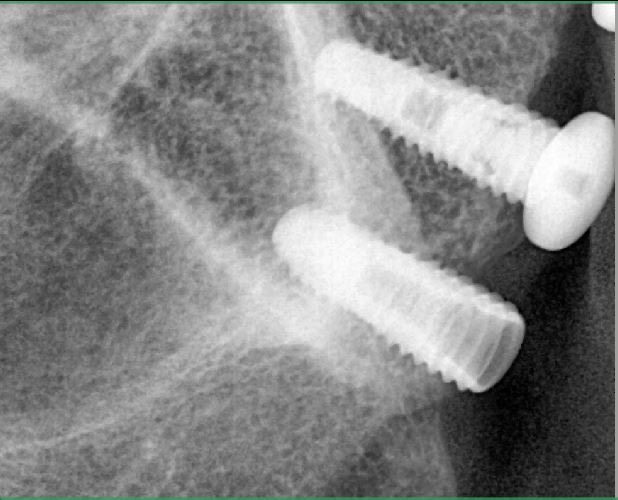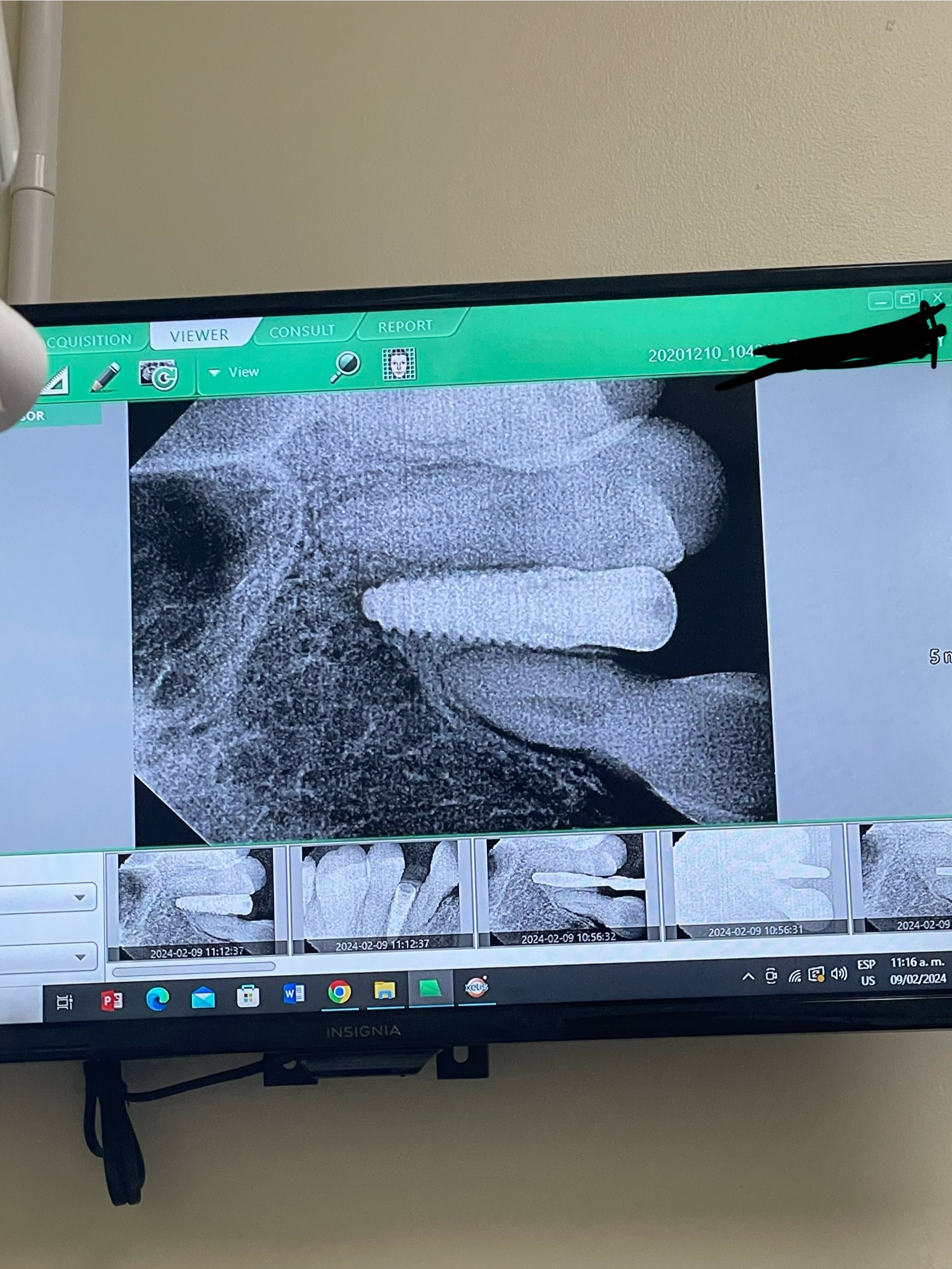The Changing Role of GP’s in Implant Dentistry
Gary Kaplowitz DDS, MA, M Ed is in private practice in York, Pennsylvania. He is a graduate of New York University College of Dentistry and the Advanced Education Program in General Dentistry at Lackland Air Force Base. He is a Diplomate of the American Board of General Dentistry and has published widely on topics in dental materials and techniques in clinical dentistry.
OsseoNews (ON): What are your thoughts concerning the sometimes sensitive topic of the changing role of the general dentist in the implant treatment process?
Dr. Kaplowitz: I believe that we are now experiencing a major paradigm shift in implant dentistry and it is vital for all dental practitioners to understand the changing dynamics. In the past, for most general dentists, the periodontist or oral surgeon was the team leader in implant dentistry and was largely responsible for treatment planning, implant placement, and implant restoration. The general dentist looked to the periodontist or oral surgeon for guidance.
However, with the increased number and accessibility of continuing education courses and explosion of information presented in peer reviewed and non-peer reviewed journals, general dentists have learned a great deal more about implant surgery and implant rehabilitation. As more and more general dentists have become educated about dental implants, they have started to become more actively involved in all phases of the dental implant treatment process. As such, the roles of specialists, such as periodontists and oral surgeons, and the interaction between these specialists and general dentists in all phases of implant dentistry, has started to change dramatically.
An excellent example of this new, more active, role of the general dentist can be seen in cases where the type of implant to be placed is open to question. In the old days, a general dentist could request the placement of a regular platform implant. If the periodontist or oral surgeon placed a narrow platform implant instead, the general dentist would not question this choice. The periodontist or oral surgeon would merely explain that a narrow platform diameter would suffice and that would be that. After all, narrow platform implants are easier to place and heal well. Of course, the long term prognosis might not be as favorable for the prosthesis because of the diminished diameter and lack of support.
This type of treatment planning process should not happen any more. The restoring dentist can now be more proactive in specifying the type of implant to be placed. If the restoring dentist requests a wide platform implant then that is what should be delivered by the specialist unless there truly are extenuating circumstances. In those cases, the periodontist or oral surgeon should provide a written explanation why they have chosen not to follow the prescription. For those general dentists placing their own implants this is of course, not a problem.
If you as the restoring dentist request implants with certain specifications and the periodontist or oral surgeon repeatedly downsizes the implants or places them with an improper angulation then find another periodontist or oral surgeon. In cases where the periodontist or oral surgeon does not follow your prescription be sure to note the discrepancy in the dental record and query the periodontist or oral surgeon and note their reasons in the dental record as well. If possible, obtain a letter from the periodontist or oral surgeon describing the implant placement and the justification for not following your prescription. If the prosthesis fails in the future you may be able to mount the defense that under the circumstances, given the narrower, shorter implant, or the malpositioned or malaligned implants, you did the best anybody could to restore the patient.
Even under the most promising circumstances, some implants or implant restorations will fail. This can be minimized by the periodontist or oral surgeon working closely with the restorative dentist. The selection and placement of the implants often lays the foundation of future success or failure. It is up to the general dentist to start taking a more active and responsible role in determining implant selection.





